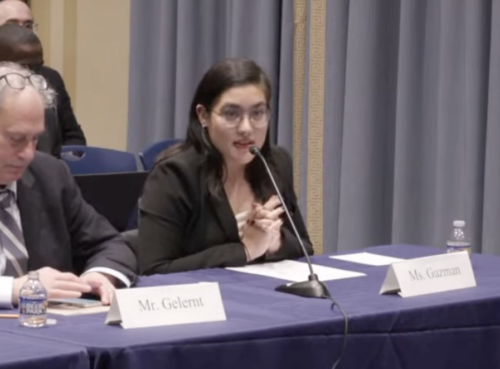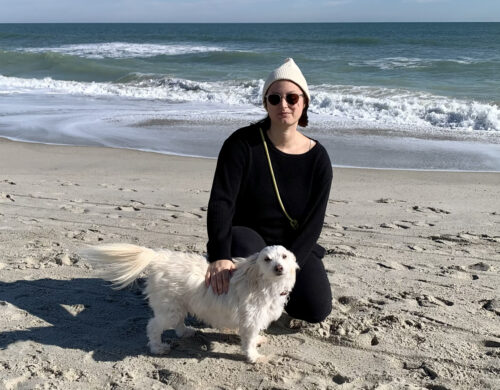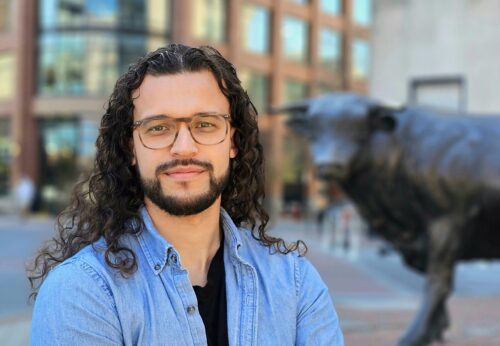Last year, Rev. Neal Anderson and the Unitarian Universalist Fellowship of Northern Nevada, became the only church in the state to shelter undocumented immigrants at imminent risk of deportation. It was not a move they took lightly. After much debate, Rev. Anderson says about 80 percent of his congregants came out in favor of it. Ultimately, providing sanctuary was seen as an expression of their Unitarian Universalist faith.
“We think that immigration justice is a moral issue,” Rev. Anderson explains. “We are called to act to ensure that the way the system works does not split up families and does not create second-class citizens.”
Our commitment to affirm and promote the dignity of every person, calls us to be engaged in this work.
The reverend himself is a Canadian immigrant, who became a U.S. citizen after marrying an American in 2011. The couple began socializing with Latino parents at their son’s school in Reno, and learned that some of the families were undocumented. Anderson learned about their exploitation by employers and their fears of being deported. The experience opened his eyes. “It was amoral that this would happen to our neighbors, and classmates, and people we work with in our communities,” he says.
Anderson has lobbied for reform on Capitol Hill and marched in demonstrations supporting legislative change. Given that those efforts have not yet led to comprehensive reform, Anderson felt that providing sanctuary was important. “Because we were not successful with legislators, we had to shift tactics,” he explains, “and raise the level of understanding in our communities.”
In early January 2016, he and his congregation housed José Gastelum, a 10-year Reno resident. Gastelum had come to the attention of the U.S. Immigration and Customs Enforcement (ICE) when he was arrested for driving under the influence. He spent four days at the church before he was granted a one-year reprieve from deportation. Anderson is grateful that Gastelum was not expelled but points out he could be in a year’s time. This would separate Gastelum from his two American-born children. (Neither the children nor their mother were housed at the church.) And the incident has already negatively affected Gastelum’s family. He lost his job, and his younger child suffers from a chronic health condition, which became worse from the stress of knowing that his father might be deported.
Anderson says the concept of “radical hospitality” tracks with the beliefs of the Universalist church. “Our commitment to affirm and promote the dignity of every person, calls us to be engaged in this work,” he says.



